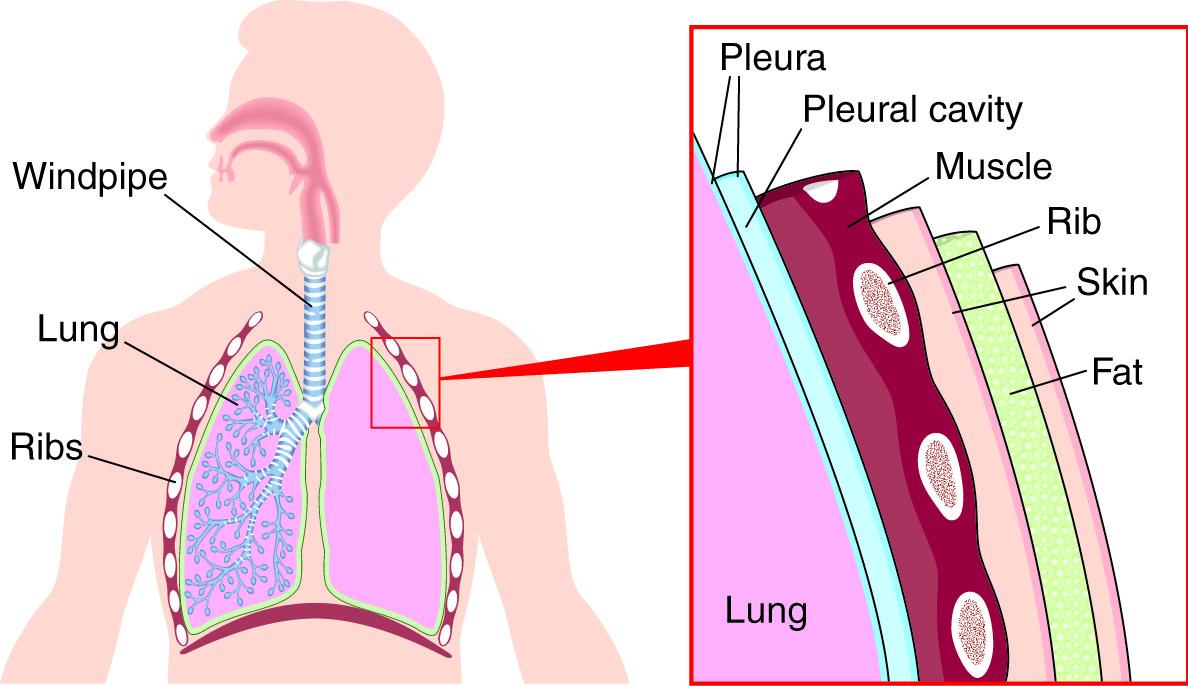
Mesothelioma
Mesothelioma is a rare cancer – about 50 people are diagnosed with it each year in Ireland.
The primary cause is exposure to asbestos, often 20-50 years earlier.
What is mesothelioma?
Mesothelioma is cancer of the mesothelium. The mesothelium is a thin layer of tissue that lines many cavities in the body. These include the pleura (thoracic cavity), peritoneum (abdominal cavity) and pericardium (heart sac).
Pleural mesothelioma, which affects the lining of your lungs, is the most common type of mesothelioma.

The layers that line your lungs are called the pleura. They are separated by a small amount of fluid, which helps them to slide over each other easily.
Mesothelioma causes the pleura to thicken and become hard. This makes it more difficult for your lungs to expand and contract as normal, making it more difficult for you to breathe.
Sometimes excess fluid called a pleural effusion builds up between layers of the pleura. The build-up of fluid also makes it harder to breathe and you will feel breathless.
More information about mesothelioma
More information about treatment for mesothelioma
Treatment for mesothelioma includes surgery, radiotherapy and chemotherapy
Looking for support?
Our cancer support section contains information and advice on coping with cancer for diagnosed patients and their loved ones.

*The Irish Cancer Society uses the most up-to-date cancer statistics from the National Cancer Registry Ireland, available on www.ncri.ie
For more information
Phone
1800 200 700
Medical content updated from our Understanding lung cancer and mesothelioma booklet (2024). Reviewed by Mr Gerard Fitzmaurice, Consultant Cardiothoracic Surgeon s.i. Thoracic Surgical Oncology, Dr Claudia Carvajal Sanjines, Consultant Radiation Oncologist, Christopher Cronin, Specialist Registrar in Medical Oncology, Aine Ward, Cardiothoracic ANP, Clara Cremin, Clinical Specialist Radiation Therapist, Debbie Kelleher, Clinical Specialist Radiation Therapist.






